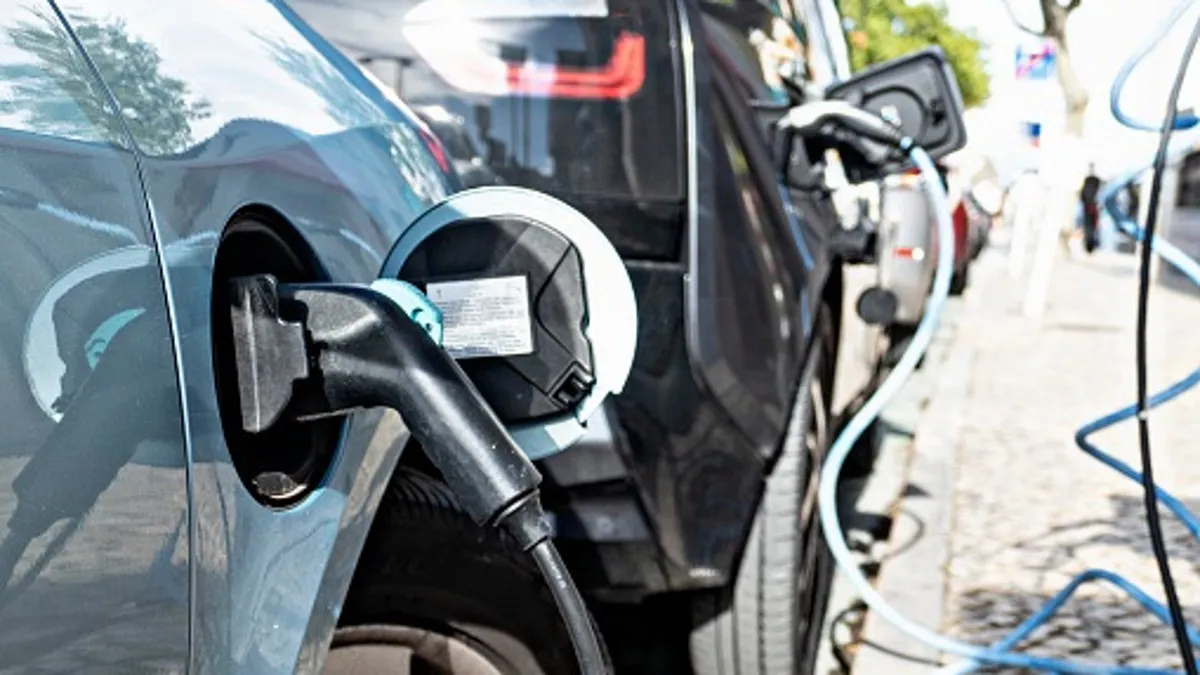Key Developments
Ethiopia Launches Largest Electric Vehicle Factory to Manufacture 1,000 Cars Per Year

Ethiopia has inaugurated its biggest electric vehicle (EV) factory in Debre Berhan, Amhara region.
The factory, built by local entrepreneur Belayneh Kinde for over $52 million, boasts an annual production capacity of around 1,000 electric vehicles.
This development comes alongside Ethiopia’s ambitious plans to become a leader in green transportation within Africa.
The country’s 10-year Perspective Development Plan includes importing nearly 5,000 electric buses and over 148,000 electric cars.
To incentivize EV adoption, Ethiopia banned non-electric car imports last year and introduced tax breaks for electric vehicles.
However, challenges remain. An earlier attempt at an EV assembly plant with Hyundai in 2020 fell through due to foreign currency shortages.
Additionally, economic hardships have delayed completion of the Grand Renaissance Dam, a project crucial for bolstering the electricity grid needed to support a growing number of EVs.
Despite these hurdles, Ethiopia is pressing forward.
The Ministry of Transport recently announced the import of over 100,000 electric cars and the establishment of 60 charging stations in Addis Ababa, signifying progress towards a greener transportation future.
Related Articles
Register Now
Empower Africa Times Newsletter
Share :
You may also like...

South African Logistics Startup GoMetro Raises $11.4M in Series A for Global Expansion
GoMetro, a pioneering South African tech company specializing in fleet management solutions, has successfully secured $11.4 million in its Series A funding round.

Equator Africa Secures Additional $5 Million from IFC to Boost African Climate Tech Innovation
Equator Africa, a venture capital firm, has secured an additional $5 million from the International Finance Corporation (IFC) to support businesses and foster innovation within Africa’s climate tech sector.

German DFI DEG Commits $50 Million to DPI’s Fourth Africa-Focused Private Equity Fund
German development finance institution DEG (Deutsche Investitions- und Entwicklungsgesellschaft) has confirmed it will commit $50 million to African Development Partners IV (ADP IV), the latest private equity vehicle managed by Development Partners International (DPI).
